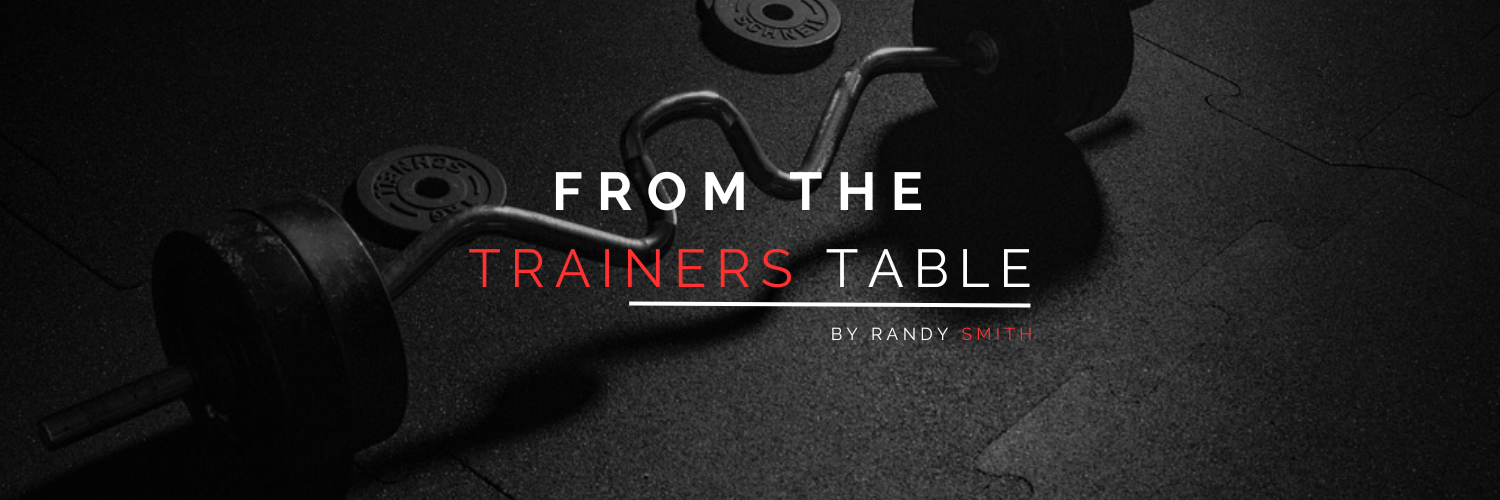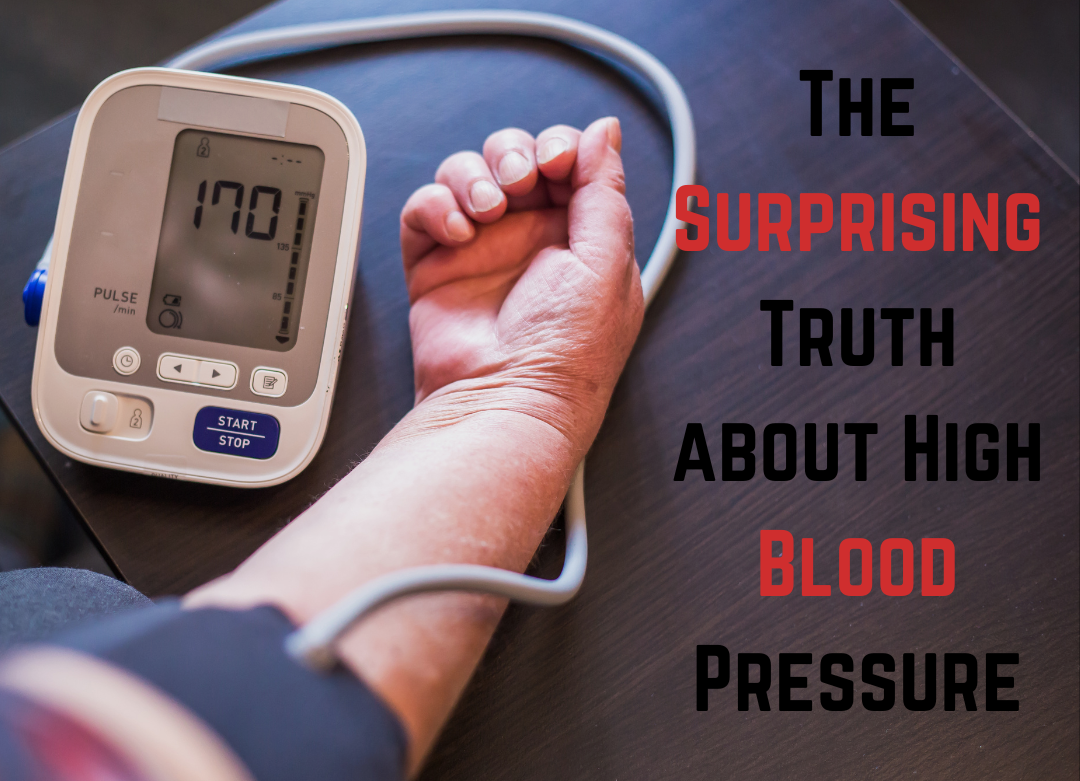How various factors and powerful influences may be increasing the rate of false diagnoses
Each day around the world, people are falsely diagnosed with high blood pressure, most of these people will start taking prescription medications that they really don’t need. These medications will cause side effects that can be very bad for your health.
Before we talk about what can cause a false diagnosis, let’s talk about blood pressure for a minute, and most importantly what is considered high blood pressure. To put it in simple terms, blood pressure is the pressure of circulating blood against the walls of blood vessels. Most of this pressure results from the heart pumping blood through the circulatory system.
When judging what can be considered a normal reading, there are two schools of thought. The first is from the American Heart Association. According to the AHA, a normal blood pressure is 120/80. To get down to those numbers, most people will have to take up to four different blood pressure medications or be on a very clean, no sugar diet. It is important to note that this association receives donations from the big Pharma manufacturers.
The other school of thought comes from the American Academy of Physicians. They have determined that a normal blood pressure cut off should be 140/90. Keep in mind they do not receive any donations from big phrama. So, where did the American Academy of physicians get that number and why is it different from the judgment of the American Heart Association? The truth is, in the past, a level of 140/90 was the recommendation from all the regulatory bodies.
If you have no other health issues, and your blood pressure is consistently reading 140/90, in the past this was a nonissue. Today, with the recommendation from the AHA, your doctor may prescribe you blood pressure medications to lower your blood pressure to 120/80. The truth is that this may not be enough blood pressure for you.
There is a reason that your kidneys tightly regulate your blood pressure, in some cases if you have a blockage in an artery somewhere in your body, and the pressure gets too low, that can cause an ischemic event. Either a stroke in the brain, a heart attack, ischemia in the gut, or in the kidneys or other organs in the body. It is also important to recognize that an occasional high blood pressure is meaningless. Getting in an argument with someone, or even a night of bad sleep will increase your blood pressure. Unless you are experiencing levels as high as 200/100, a spike in blood pressure is normal and should not cause too much anxiety.
Spikes in blood pressure can occur quite often and this can drastically impact your levels when you get your blood pressure checked. In an ideal world, you are taken into the waiting room, given at least fifteen minutes to calm down and made to go to the bathroom to ensure that your blood pressure is checked when you have an empty bladder. Even if all of this is done, there are many different factors that can result in a false high reading.
If your blood pressure is checked while you are sitting with your legs crossed rather than with your feet flat on the ground, it will give you a false reading. Having coffee in the morning or exercising thirty minutes before the test will increase your blood pressure. And the list goes on. If the waiting room is too cold, if the nurse or doctor taking the reading is asking you questions and you are answering, if the blood pressure cuff is too small or they place the cuff over your shirt, all these factors will result in a false reading.
Surely you can see that if any or all these factors come into play during your test, you will more than likely end up with a false blood pressure reading. As a result of this false reading, you could be diagnosed with hypertension and given blood pressure medication (and all the bad side effects that come with that) that you really did not need.
The Cochran Library is an organization that does systematic analysis of all the different studies, and they come up with rational common-sense answers to questions. In 2020, they put out their latest blood pressure systemic review and said 140/90 or less is the normal blood pressure reading, regardless of what the American heart Association says.
Don’t just go into your doctor’s appointment and follow along blindly, ask questions, after all, it is your health, be proactive.
Tell us what you think; comment below and share this post with your friends!

